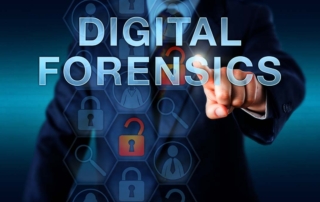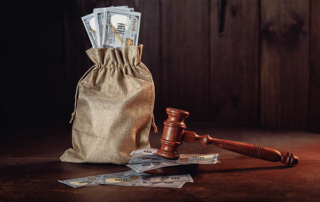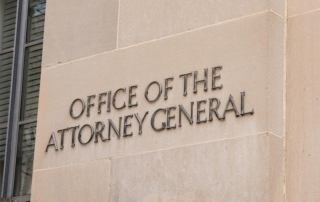Criminal trials are designed to uphold justice and protecting individual rights. U.S. Criminal trials operate under an adversarial system, where the prosecution and defense present their cases and argue their positions before a neutral judge or jury. There are two main types of trials: jury trials and bench trials. In a jury trial, the jury decides the verdict. In a bench trial, the judge decides the verdict.
When facing a criminal trial. What to keep in mind when facing a criminal trial:
- Right to a Fair Trial: The defendant has a constitutional right to a fair and impartial trial, which includes the right to an attorney, the right to confront witnesses, the right to present evidence in their defense, the right to remain silent, and the right to a speedy trial.
- Presumption of Innocence: The defendant is considered innocent until proven guilty.
- Burden of Proof: The prosecution must prove the defendant’s guilt “beyond a reasonable doubt.” This is the highest standard of proof in the legal system.
- Role of the Judge: The judge oversees the trial, ensuring that the proceedings follow legal procedures and that the rights of both parties are respected. The judge may also rule on matters of law and, in some cases, decide the sentence if the defendant is found guilty.
- Role of the Jury: In many trials, a jury of peers is responsible for evaluating the evidence and determining the defendant’s guilt or innocence. The jury’s decision must be unanimous in most jurisdictions for a conviction.
- Presentation of Evidence: Both the prosecution and the defense present evidence and call witnesses to support their case. Evidence must be relevant and admissible under the rules of evidence.
- Opening Statements and Closing Arguments: Both sides make opening statements to outline their case and closing arguments to summarize their evidence and persuade the jury.
- Cross-Examination: Each side has the opportunity to cross-examine the opposing side’s witnesses to challenge their credibility and the validity of their testimony.
- Legal Standards and Definitions: Understanding legal terms, standards of proof, and specific charges is crucial. For example, different crimes have different elements that must be proven for a conviction.
- Sentencing: If the defendant is found guilty, the judge determines the appropriate sentence, which may include fines, probation, imprisonment, or other penalties. Sentencing guidelines vary by jurisdiction and the nature of the crime.
- Appeals Process: If a party believes there were legal errors during the trial, they may appeal the decision to a higher court. Appeals do not involve re-litigating the facts but focus on whether legal procedures were followed correctly.









